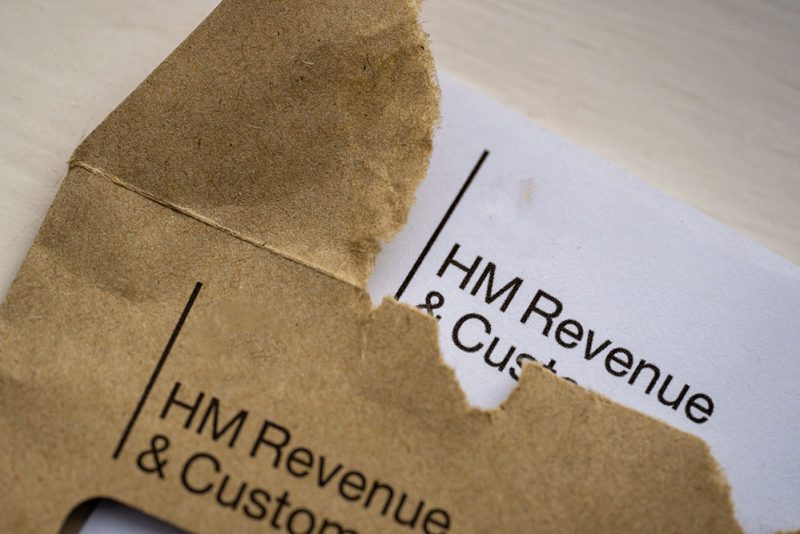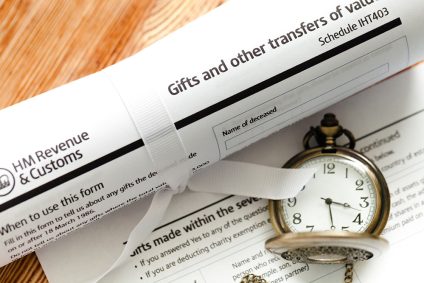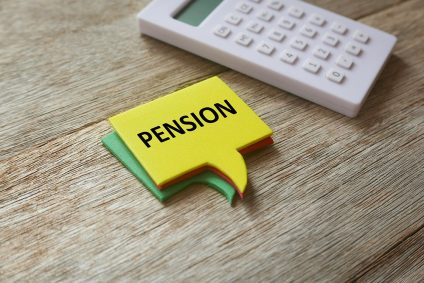Could you be facing a tax trap after the pay rise?

Some NHS doctors will be hit by various tax traps following the six per cent pay rise announced at the end of July.
The new government announced it would accept the recommendations of the independent Doctors’ and Dentists’ Review Body (DDRB) which had recommended a six per cent increase to salaries, backdated to April.
However, the pay rise could mean some doctors falling into an effective 60 per cent income tax rate. This is because those earning between £100,000 and £125,140 suffer from an increased rate of tax due to an anomaly in the tax systems of England, Wales and Northern Ireland.
Although the additional rate of income tax of 45 per cent applies to earnings above £125,140, those with salaries just behind this level can pay 60 per cent. This is because for every £2 that you earn above £100,000, you lose £1 of your £12,570 personal allowance.
At the same time, senior doctors with earnings above £260,000 could be hit by the tapered annual allowance which limits the amount of tax-free growth on their pension to £60,000 per year. This is not an easy calculation as the sums depend on pension growth rather than contributions.
So along with the obvious positives of receiving a pay rise, we have to consider the implications that any increase in salary can push doctors into less-than-ideal tax positions.
Experts have warned that doctors may once again feel they need to reduce hours or overtime, as we saw when the tapered allowance was at its most punitive a few years ago.
We have an interesting couple of months ahead as we await the first fiscal measures, and the first Budgetary announcement, of the new government. It may be that the rates of income tax and / or pensions taxation could be amended in the future, but for now, doctors must consider the tax they might be paying on their hard-earned income.
If you have any queries about the pay rise, the impact on your finances, or your wider financial plan, please do speak to experts who understand your NHS salary and pension completely.


